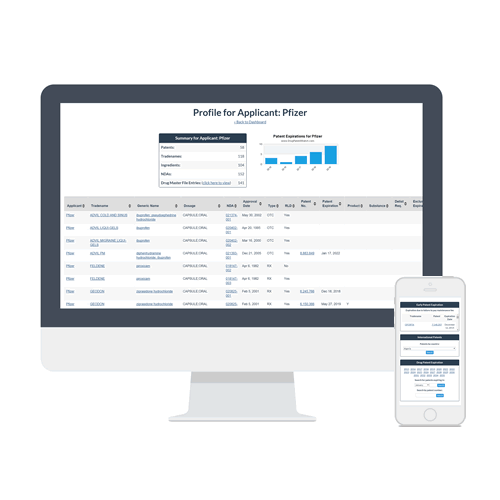
A recent study published in JAMA Health Forum sheds light on the impact of biosimilar competition on patient out-of-pocket (OOP) costs for biologic drugs in the United States. The research, conducted by Dr. Kimberly Feng and colleagues, aimed to investigate whether the introduction of biosimilars led to lower OOP spending for patients using biologics.
The study analyzed data from a national commercial claims database, focusing on outpatient claims for seven clinician-administered biologics between 2009 and 2022. These included drugs such as filgrastim, infliximab, and trastuzumab, commonly used to treat various conditions including cancers, hematologic disorders, and inflammatory diseases.
Key findings from the study revealed that despite the introduction of biosimilar competition, annual OOP costs for patients using biologics either increased or remained stable. Moreover, patients who opted for biosimilar versions did not experience lower OOP costs compared to those using reference biologics. The analysis encompassed over 1.3 million claims from 145,389 individuals, indicating a substantial sample size.
The research underscores the complex landscape of biosimilar competition and its implications for patient affordability and access to biologic drugs. While biosimilars have generated significant savings in healthcare spending, estimated at nearly $13 billion since 2015 and projected to save billions more in the coming years, these savings may not directly translate into reduced OOP costs for patients.
The study highlights the need for further regulatory attention to ensure that the benefits of biosimilar competition are passed on to patients in the form of lower OOP costs. Policymakers are urged to explore strategies to enhance affordability and accessibility of biologic drugs, particularly for privately insured patients. This could involve legislative measures to constrain OOP costs for biosimilars or decoupling patient cost-sharing from reimbursement rates.
The results underscore the importance of addressing the disconnect between biosimilar competition and patient affordability. As biosimilars continue to gain traction in the market, efforts to optimize their impact on reducing OOP costs for patients are imperative for achieving equitable access to essential biologic therapies.


